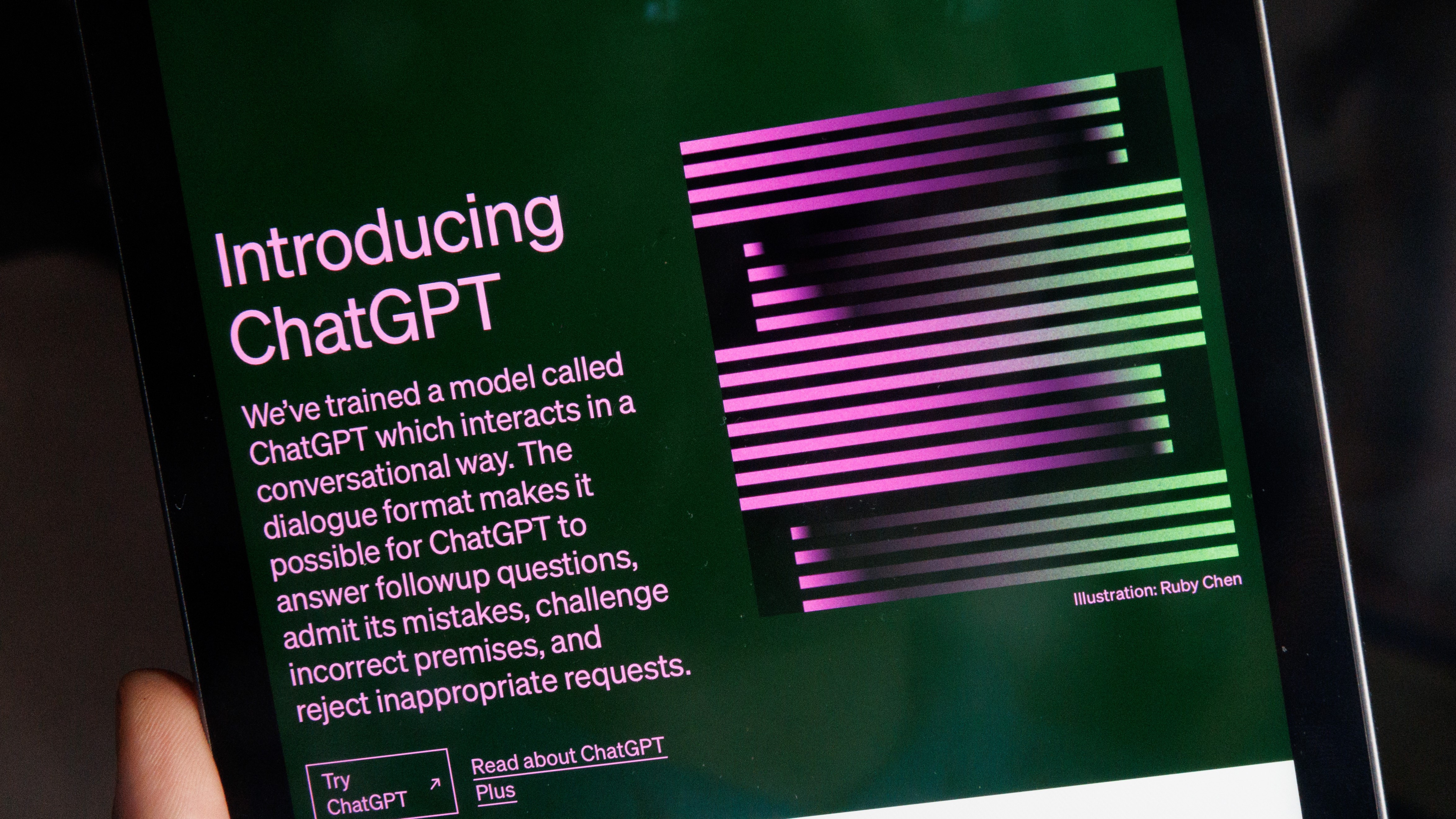OpenAI shuts down AI agent that was 'running for mayor' in Wyoming
An AI candidate running in the Wyoming mayoral race has been disabled by the company that developed the technology. But its creator says he has not given up.

An artificial intelligence (AI) model that was running for mayor in Wyoming has been taken offline — to the likely relief of its human rivals.
The system, a customized version of the large language model (LLM) GPT-4 that powers OpenAI’s ChatGPT, was running for mayor in Cheyenne, Wyoming under the name "VIC," which is short for "Virtually Integrated Citizen."
Cheyenne resident Victor Miller set up the virtual candidate and trained the LLM on thousands of documents from the town's council meetings after a frustrating encounter with the city's records department. He had hoped his digital candidate would beat incumbent Patrick Collins when residents voted on November 5.
But VIC's election bid was cut short on June 18, when OpenAI severed Miller's access to the public version of the tool, CNN reported.
"We’ve taken action against these uses of our technology for violating our policies against political campaigning," an OpenAI spokesperson told CNN.
Related: AI models could devour all of the internet's written knowledge by 2026
OpenAI bans users from using their applications for political campaigning and lobbying, including the generation of AI-generated “deepfake” images to spread political misinformation.
Sign up for the Live Science daily newsletter now
Get the world’s most fascinating discoveries delivered straight to your inbox.
"Wyoming law is clear that, to run for office, one must be a 'qualified elector,' which necessitates being a real person," Wyoming secretary of state Chuck wrote in an emailed statement to the Wyoming Tribune Eagle. "Therefore, an AI bot is not a qualified elector."
Despite experts warning that AI systems shouldn't be left alone to make decisions, LLMs and other generative AI tools are being considered for multiple applications in public life. For example, on May 29, a federal appeals court judge suggested that AI systems could help interpret the contents of legal texts.
Miller's use of a generative AI model was novel, but AI is not new to politics. For instance, deepfakes are becoming an increasingly common tactic to attempt to sway public opinion during elections, a recent study by Google's DeepMind division warned.
Despite VIC no longer being publicly available, Miller has not given up hope. He told CNN that the chatbot still works on his personal account, and he plans to bring it to a local Cheyenne library so that voters can ask it questions using its text-to-speech feature.

Ben Turner is a U.K. based staff writer at Live Science. He covers physics and astronomy, among other topics like tech and climate change. He graduated from University College London with a degree in particle physics before training as a journalist. When he's not writing, Ben enjoys reading literature, playing the guitar and embarrassing himself with chess.









